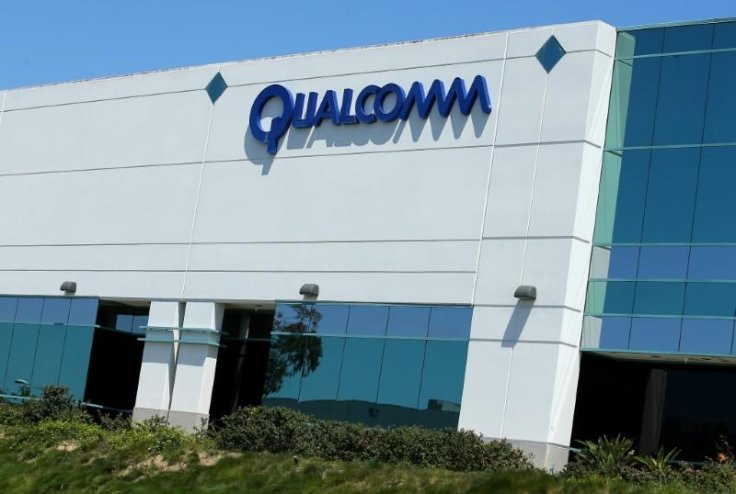
Qualcomm announces its plan to negotiate with the European Union (EU) after its legislative body issued a decision on Thursday, penalising the company for €997m, or around US$1.23bn, over LTE chip dominance in the iPhone. The chip manufacturer says in a statement it is confident that the company did not infringe any competition rules as the European Commission claimed.
"We are confident this agreement did not violate EU competition rules or adversely affect market competition or European consumers," says Don Rosenberg, executive vice president and general counsel of Qualcomm. "We have a strong case for judicial review and we will immediately commence that process."
Also read: Qualcomm to manufacture Snapdragon chips for Windows PCs
The European Commission wants to fine Qualcomm for abusing its dominant stance in the market from 2011 until 2016 with its dealings with Apple. The US$1.23bn dollar fine is equivalent to 4.9 per cent of the company's revenues in 2017 based on the inclusive years of the violation.
"Qualcomm illegally shut out rivals from the market for LTE baseband chipsets for over five years, thereby cementing its market dominance," says Competition Commissioner Margrethe Vestager, in a statement. "Qualcomm paid billions of US Dollars to a key customer, Apple, so that it would not buy from rivals. These payments were not just reductions in price — they were made on the condition that Apple would exclusively use Qualcomm's baseband chipsets in all its iPhones and iPads."
"This meant that no rival could effectively challenge Qualcomm in this market, no matter how good their products were. Qualcomm's behaviour denied consumers and other companies more choice and innovation – and this is a sector with a huge demand and potential for innovative technologies. This is illegal under EU antitrust rules and why we have taken today's decision."
Qualcomm stresses that the order "does not relate to Qualcomm's licensing business and has no impact on ongoing operations".
Back in September 2017, Qualcomm's archrival Intel won its US$1bn antitrust case from the European Union which lasted for nine long years. The decision of European Courts of Justice to exonerate the chip manufacturer highlighted the Commission's insufficient evidence against Intel.
Both Intel and Qualcomm provide Apple processor chips for its mobile devices.









